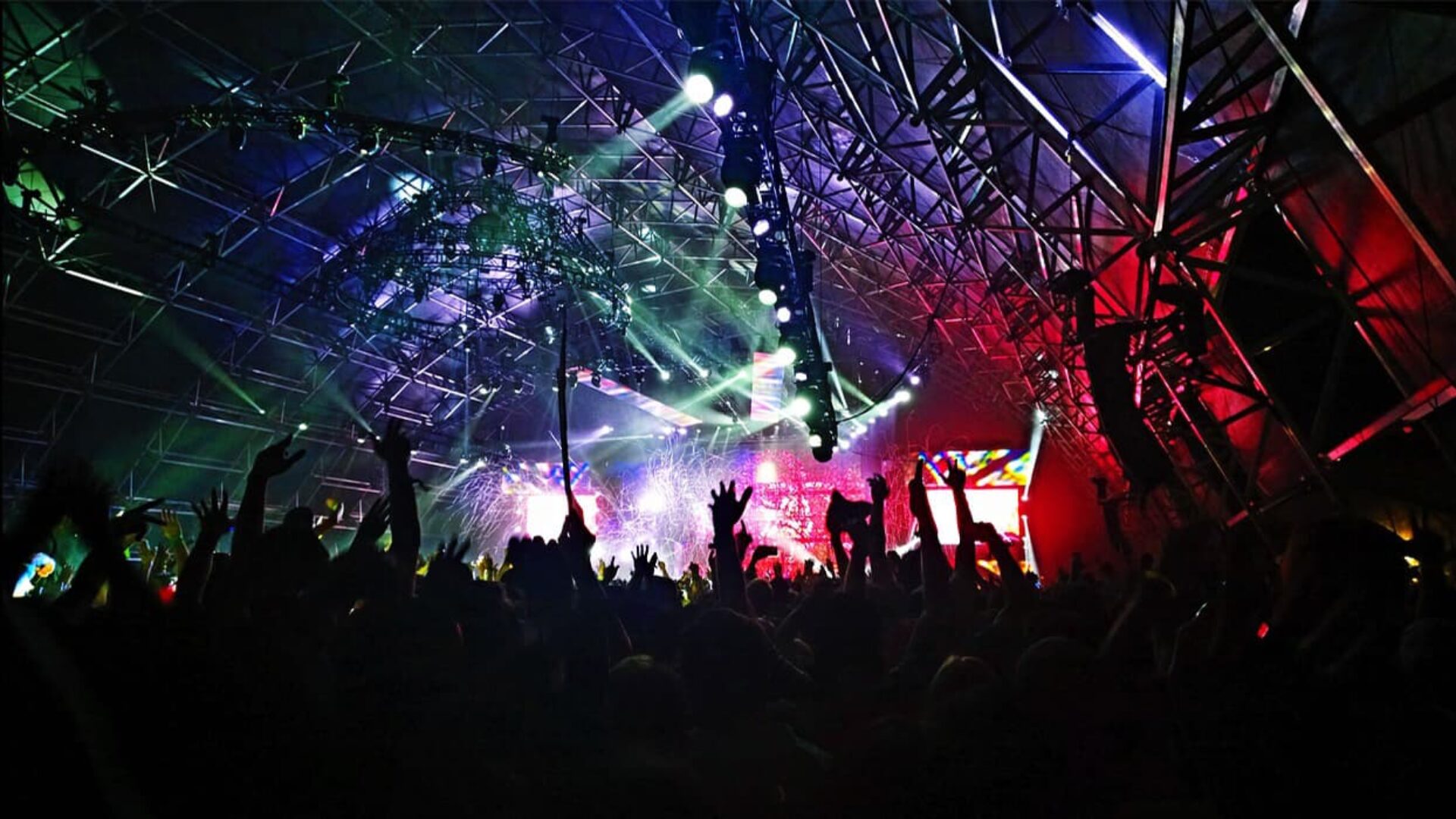If your event is even slightly more complex than an in-house planning session, you should write a concept for it. This should be a document that describes your vision for the event. What it will be, when it will take place. It is possible that the actual event will be different from your preliminary expectation. Take it easy. This is a kind of proposal to the market. Even if it doesn’t end up going the way you planned, you still need to make a preliminary plan.
A concept will help you understand where you want to go. Include in the draft concept what you could tell a potential event attendee over a cup of tea. It doesn’t have to be all the information about the event, including the budget and resources involved. It is, after all, inside information. Include in the concept what you could (and would) tell participants.
The concept can describe the goals and objectives of the event, the audience of participants, who the event is intended for. Provide arguments for why you should participate in the event. Include technical information: date and location, information about the organizers and supporting organizations, partners and sponsors; indicate the cost of the products, contact information, etc.
The concept can then be used as the basis for creating the event website, information brochures, etc.
What is a concept
Many organizers intuitively sense what you can do and what you can’t do, what will decorate the event and what will spoil it. So, for example, while driving a car you sometimes “just feel” how you should act, without thinking about the rules of driving. But driving rules do exist, as do event rules.
Quite often events are held using different concepts. What is an event concept? The word “concept” is used so often that its original meaning is all but lost.
A concept, or concept (from Latin conceptio – understanding, system), is a certain way of understanding (interpretation) of a subject, phenomenon or process; the main point of view on the subject; a guiding idea for systematic coverage.
Think about it, what is the concept of the U.S. as a country? Their concept (understanding of the country’s purpose, its perception) is the idea of Freedom and self-actualization: any shoe shiner can become a millionaire. And this idea attracted and still attracts people in America.
The concept of an event
Now let’s take events. Creating a corporate event is a much easier task than creating a state. However, for an event you also need to choose a concept, a kind of guiding idea. And here we have a trap. What is the idea of a “Hawaiian party”? Is it for a Hawaiian company? Do you sell surfboards? If not, what’s behind it other than decorating the room or dialing in the numbers? Phrases like “We just want to give guests a fairy tale” are excuses. Real fairy tales are wise, they taught us a lot when we were kids. The concept should carry the idea of the event and change us in some way.
Too often the purpose of an event is described as wanting to “just entertain guests,” “distract them from the everyday,” “allow them to dive into another world.” Doesn’t that remind you of anything? Events are not a substitute for drugs! Simply having fun cannot be the point and idea of the event, there must be something more. Your guests are not fools, they understand what is meaningful and what is not. And meaningless (that is literally – without internal meaning) activities will be considered a waste of money. Even if it will be beautiful.
Ideally, the concept – a kind of social plan for action, such as “music event. The concept does not necessarily have to contain the idea of altruism and concern for all mankind. But still, a concept is an Idea with a capital letter, not just a set of numbers and decorations united by a common theme. This is similar to what happens in restaurants – the design of the hall and the uniform of the waiters prepare you for the fact that you can order Mexican food, but the restaurant does not seek to change you and compel you to action (to make revolutions, for example).
Not all events need a concept. Very often the concept is a redundant element. For example, a business conference is usually held without a special creative component (although sometimes in an unusual format – a talk show, teleconference, “fight” or “battle”). Or the event is designed for a very narrow group of regular partners, at whom your concept may cause irritation, and all they need is a personal, informal approach and impeccable organization, appropriate to their status.



